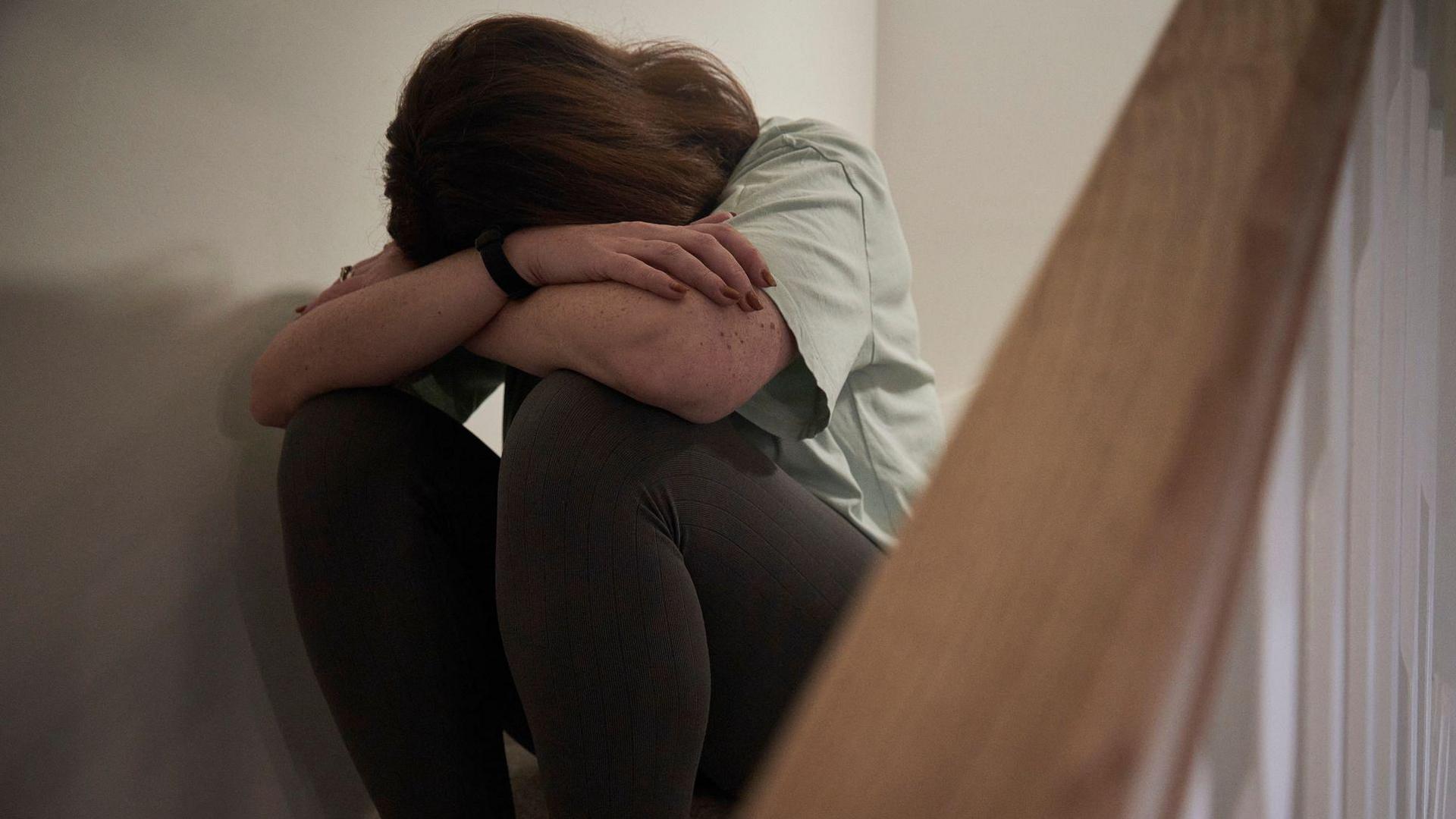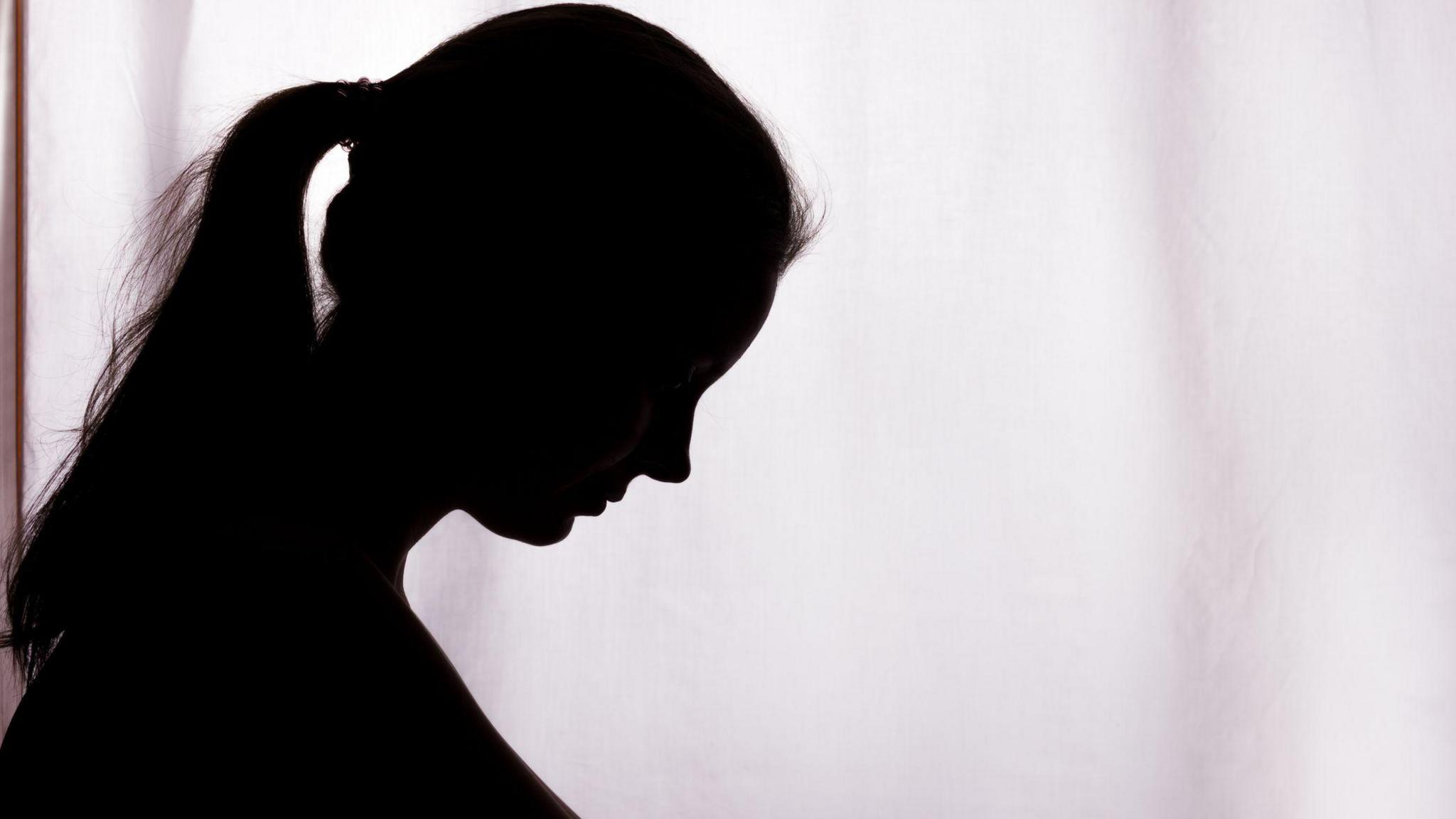Keep cash to protect victims - abuse charity
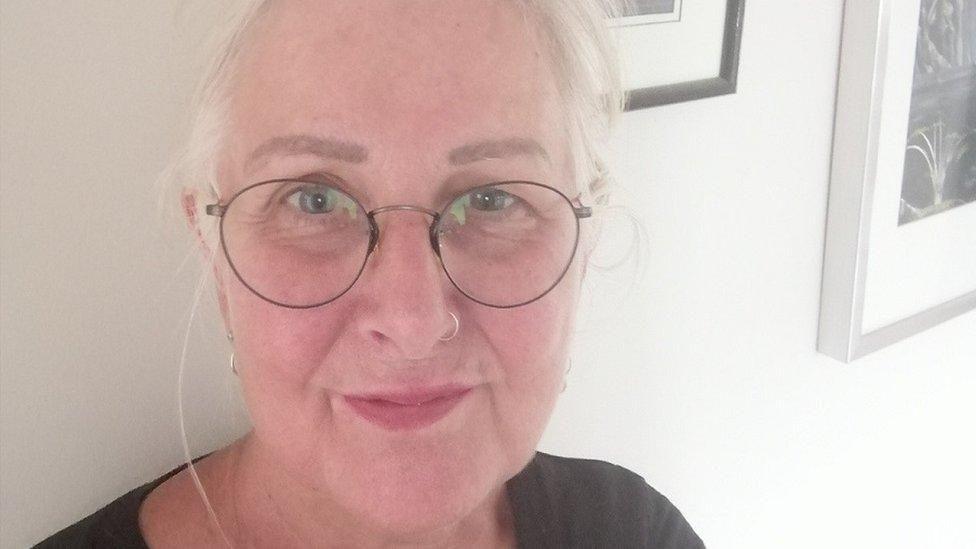
- Published
A domestic abuse charity has said legally obliging shops and other services to accept cash would help protect some of the most vulnerable victims.
A Treasury Committee report has found that without appropriate safeguards in place, "there may come a time" when the Treasury has to force some businesses to accept cash.
Sue Coleman from West Mercia Women's Aid, which serves Herefordshire, Worcestershire and Shropshire, said abusers often control their victims' finances, restricting their ability to escape.
"Cash is the only way in which those women can have any independence," she explained.
"Sometimes that independence may be also the only way in which they can plan to get to safety."
The committee's report said an increasingly cashless society risked people being excluded from leisure centres, theatres, public transport, or even being able to pay for parking.
It also raised the issue of domestic abuse victims who need cash to avoid their transactions being tracked.
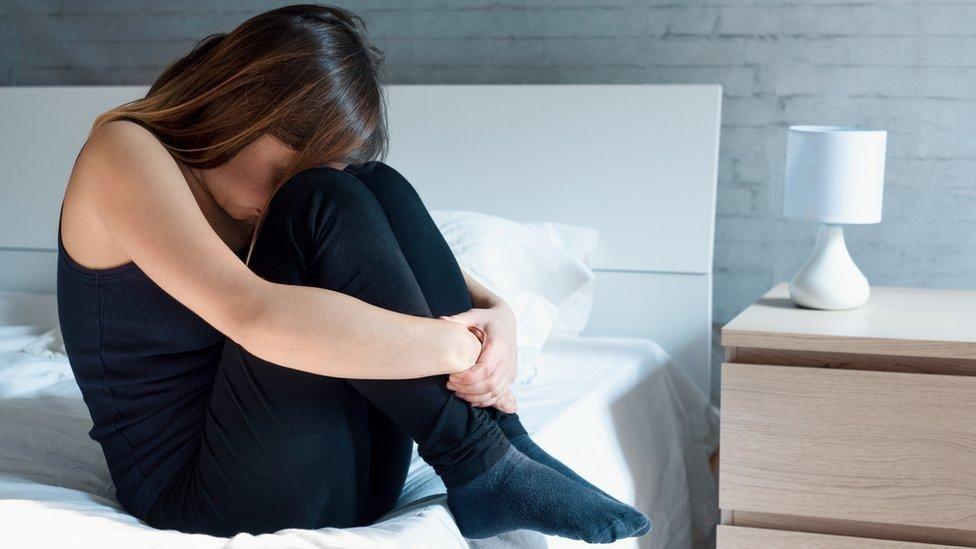
Ms Coleman said financial control was a significant part of domestic abuse
"Domestic abuse is all about power and control, and the control over someone that can be exerted by an abuser by controlling their finances is really effective and really significant," said Ms Coleman, the charity's chief executive.
"Any financial transactions that they make are closely monitored by their abuser."
Some victims of abuse had never been allowed to have their own bank account, she added.
Ms Coleman said there was a risk of financial control continuing even when a victim had left an abusive relationship if they used a card.
"They have to be absolutely certain that the use of that card can't be tracked by their abuser," she said. "There are a myriad of ways and means in which abusers can find out information about where their victims are.
"I understand the convenience for lots of people," added Ms Coleman. "It's convenient for me, and I understand the convenience for merchants."
"But surely the purpose of any form of local or central government is to make sure that the vulnerable are protected."
'Businesses use cash too'
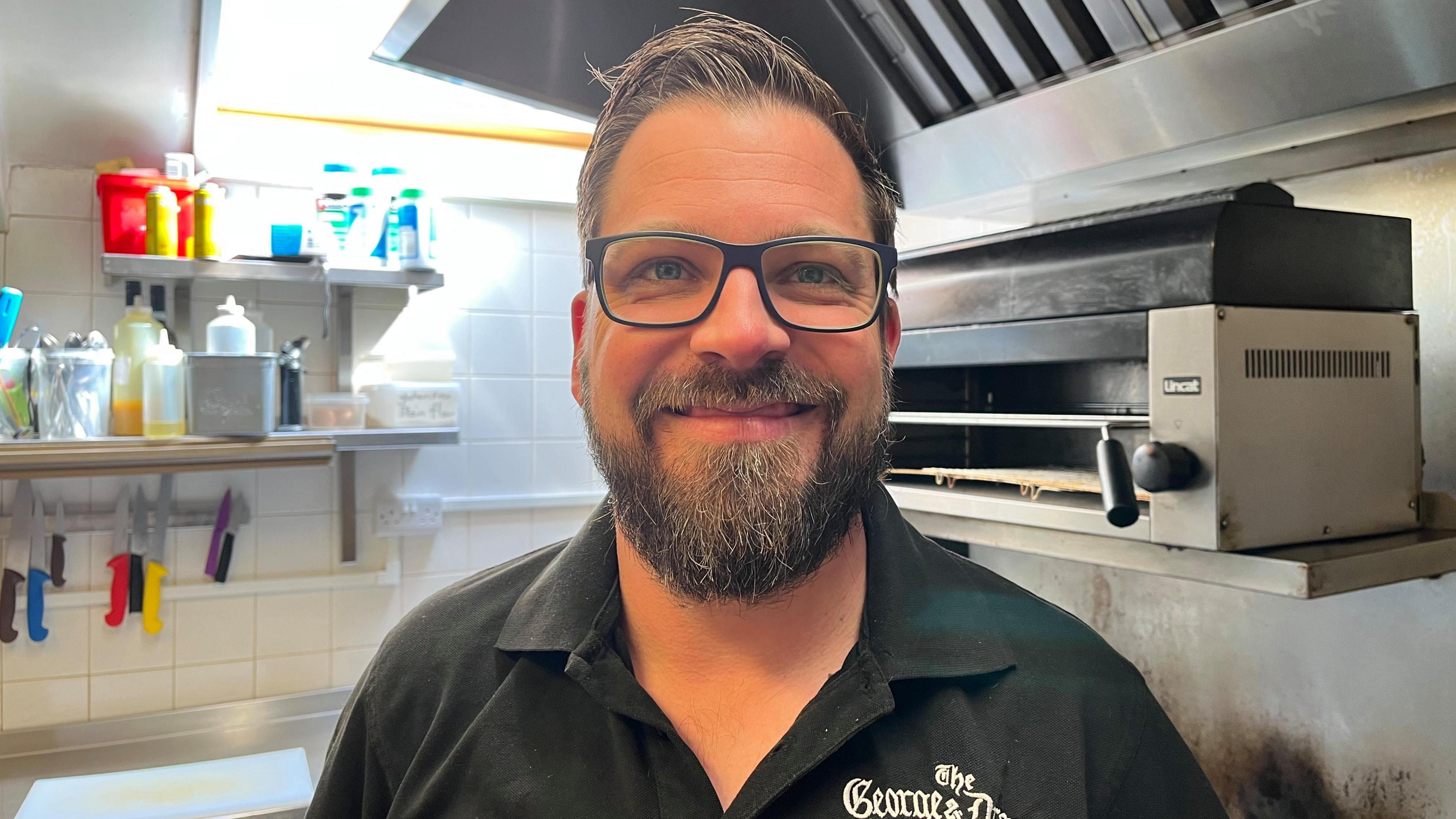
Pub landlord Ben Stanford said there had been times when he and his customers were forced to rely on cash
For businesses, as well, cash can be vital.
Ben Stanford, who runs the George and Dragon Inn in Much Wenlock, Shropshire, said about a quarter of the pub's takings were in cash.
"People in the pub want to keep using cash because if we don't use it, they're worried about it being lost. We've had problems with technology, the internet went down when we had the bad weather just before Christmas.
"So that was a real challenge trying to process payments.
"I think we need to have the ability to use cash."
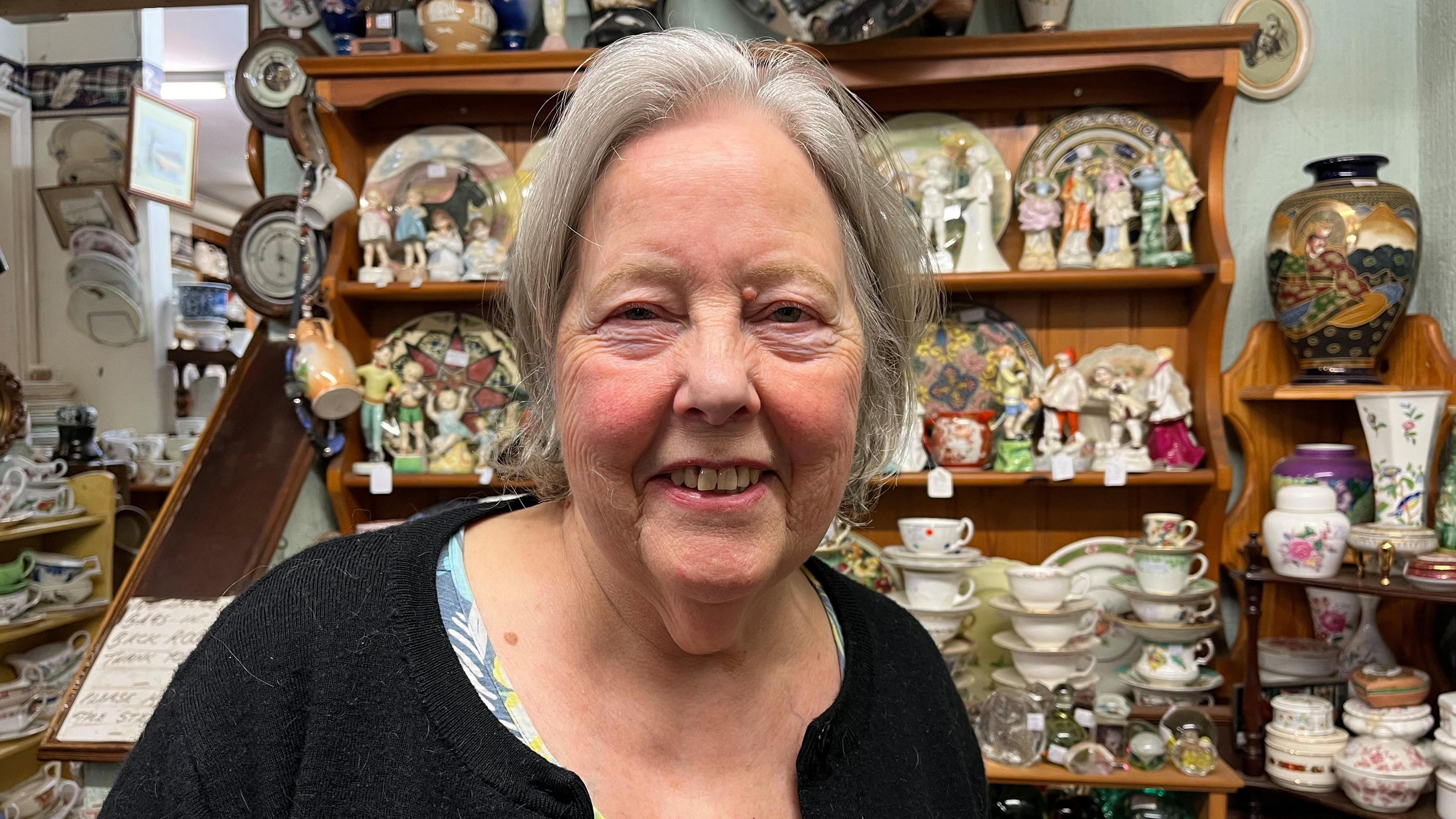
Antique shop owner Mary Nicklin prefers cash in both her business and her pocket
Around the corner, Mary Nicklin, who runs Memories Antiques & Collectables, said she preferred cash "all day long" - but feared that it could disappear.
"If somebody walks through the door and wants to sell me something, I can't say: 'Will you take a card?' because I know they won't. They want cash.
"And to be honest, I prefer cash in [my own] pocket.
"I do, and a lot of people that I know, do but I think we're the minority now."
If you've been affected by issues in this report there is help and advice at BBC Action Line.
Get in touch
Tell us which stories we should cover in Hereford & Worcester
Follow BBC Hereford & Worcester on BBC Sounds, Facebook, external, X, external and Instagram, external.
Related topics
- Published30 April
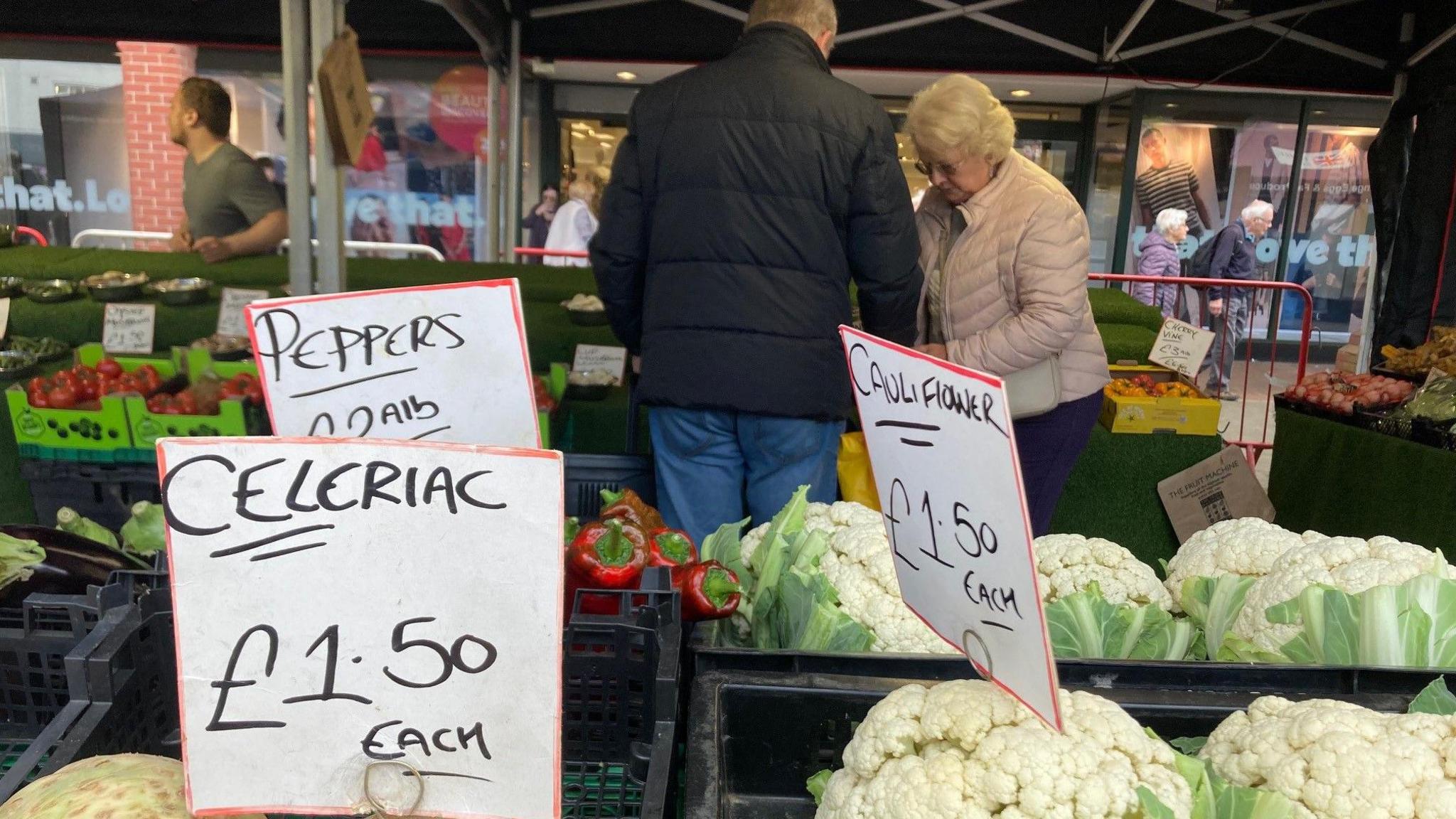
- Published31 May 2024
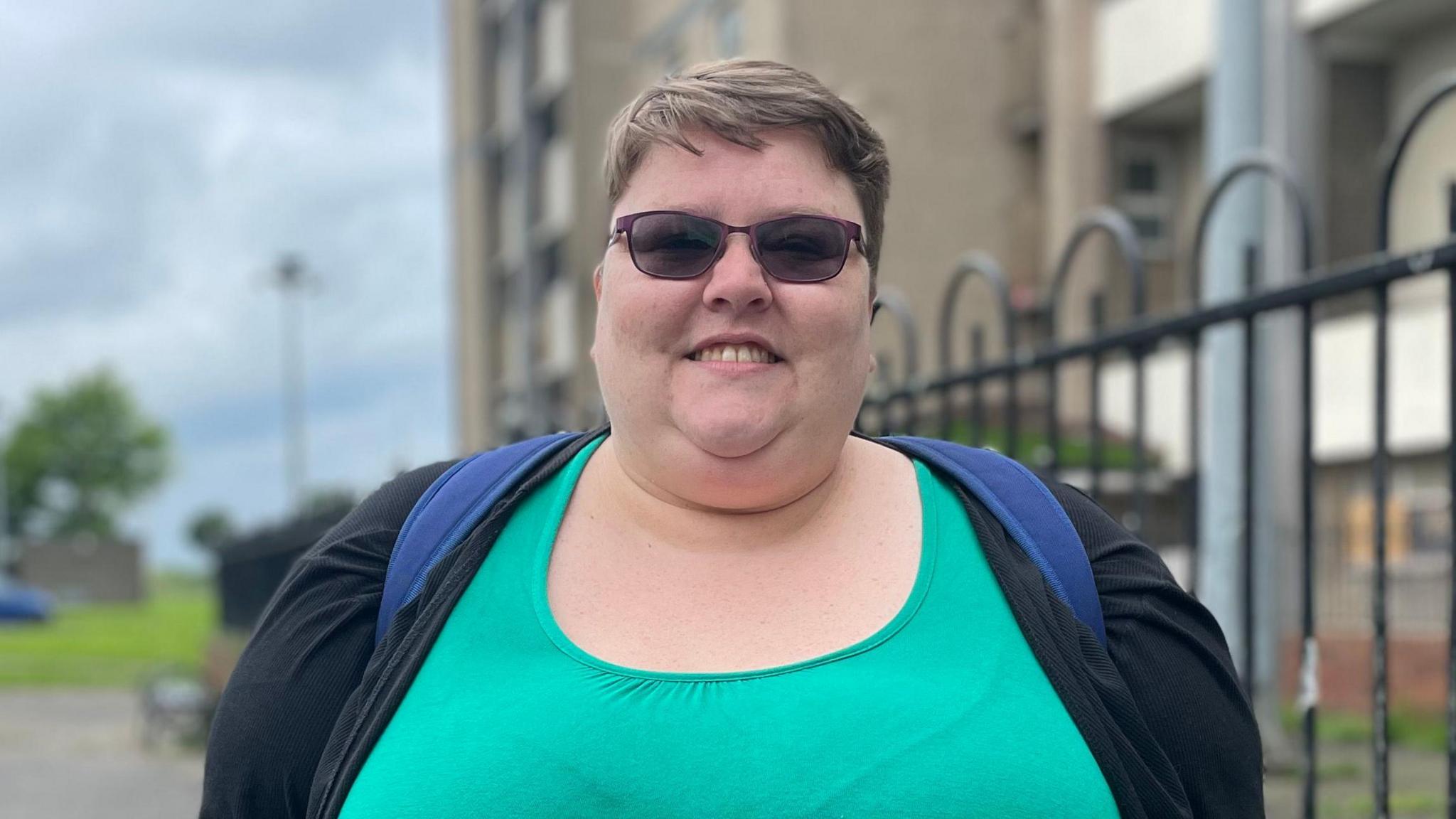
- Published28 February

- Published3 February
